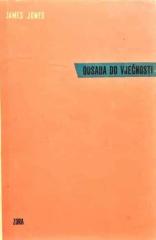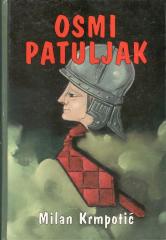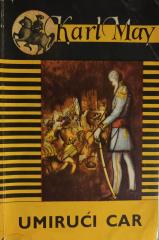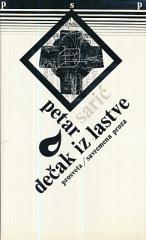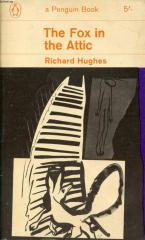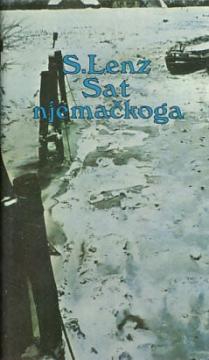
Sat njemačkoga
The German Hour (1968) by Siegfried Lenz is a German novel that deals with themes of duty, obedience, and moral responsibility in the context of Nazi Germany, told through the perspective of the young Sigi Jensen.
The story unfolds in two time periods: the 1950s, as Sigi writes an essay in a reformatory, and the 1940s, through memories of his life in the village of Rugbüll.
Sigi, the son of policeman Jens Ole Jensen, recalls his father's obsessive obedience to the Nazi regime. Jens, tasked with enforcing a painting ban on the artist Max Ludwig Nansen, who has been labeled a "degenerate", becomes increasingly obsessed with his duty, despite having once been a friend of the artist. Max, inspired by the North Sea landscape, continues to paint despite the ban, which causes conflict with Jens. Sigi, torn between admiration for the artist and loyalty to his father, witnesses how fanaticism destroys family and personal relationships. His rebellion against his father's blind obedience leads him into conflict with the authorities, culminating in his imprisonment.
The novel, written in the form of Sigi's essay, examines how authority and obedience stifle individuality and morality. Through rich descriptions and psychological depth, Lenz creates a powerful critique of Nazism and conformism, while the North Sea landscape symbolizes freedom and resistance. The work is a universal story of the conflict between conscience and duty, with a message about the importance of personal integrity.
One copy is available

